Are you a data scientist who’s worried about being replaced by artificial intelligence (AI)? It’s a valid concern, given the rapid advances in AI and machine learning technology. But before you start packing your bags, let’s take a closer look at the situation.
The truth is that AI is already playing an increasingly important role in data science. It can analyze vast amounts of data with speed and accuracy, identify patterns, and make predictions. However, this doesn’t mean that human data scientists are becoming obsolete.
In fact, there are still many tasks that require human input and expertise. So while it’s important to acknowledge the impact of AI on your career, it’s equally important to understand how you can adapt and evolve to stay relevant in an ever-changing field.
Key Takeaways
- AI is increasingly important in data science and has the potential to revolutionize industries.
- Human involvement and expertise are still essential in many tasks and should not be overlooked.
- Continuous skill development is crucial for staying relevant in an ever-changing job market and embracing the potential of AI while maintaining human value.
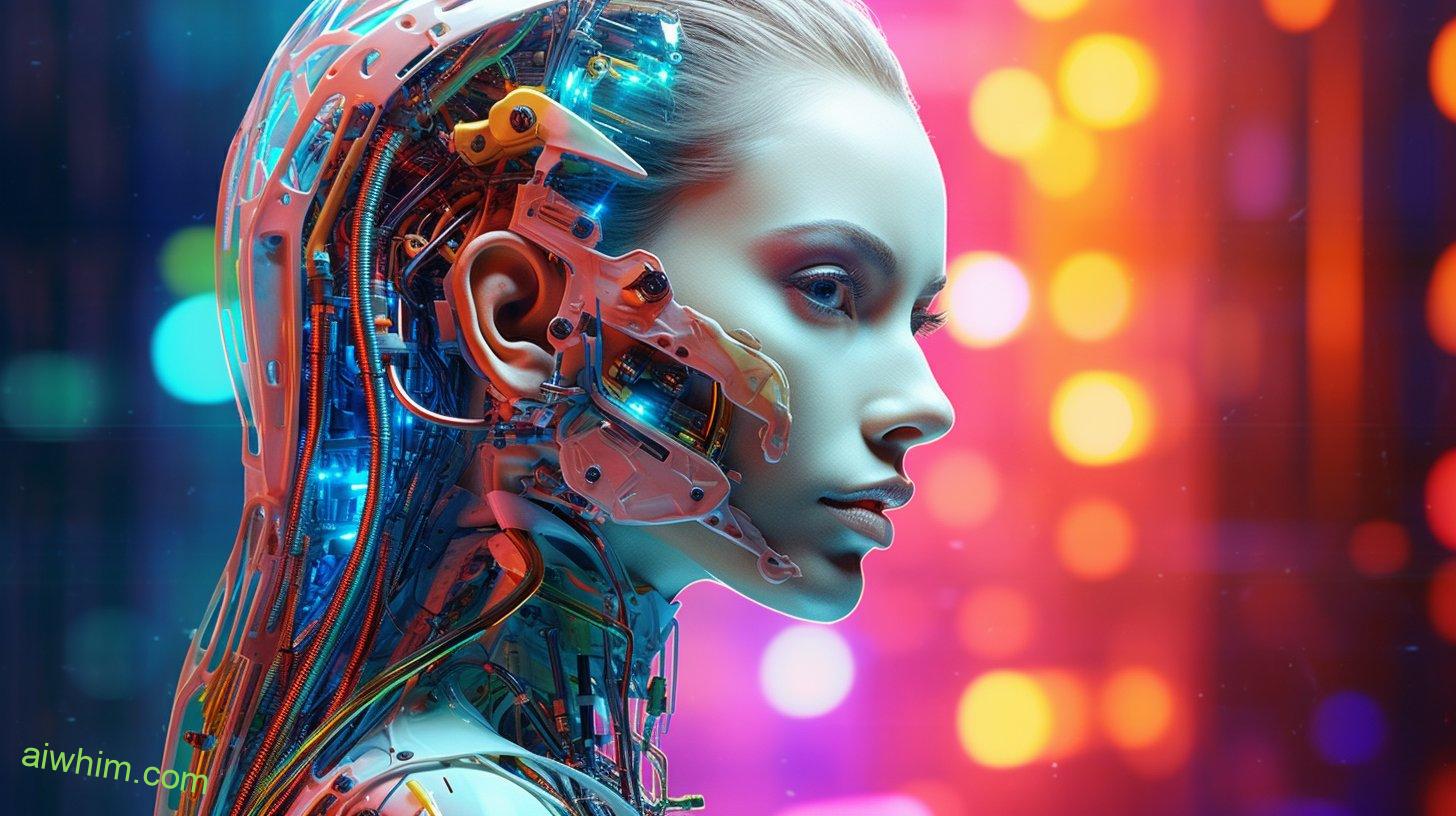
The Rise of Artificial Intelligence in Data Science
AI’s rapid rise in data science has sparked concerns about the future of human involvement in the field. As AI technology becomes more sophisticated, it is easier to automate certain tasks that were previously done by humans. This raises questions about job security and the role of AI in decision making.
However, there are also ethical considerations when integrating AI into data science. One of these is the potential for bias in algorithms that can lead to discrimination against certain groups. Additionally, there are concerns about how AI will impact data privacy and whether personal information will be used ethically.
Despite these concerns, many experts believe that AI has the potential to revolutionize industries and bring new opportunities for growth and innovation.
As we move forward with exploring this topic, it is important to consider the growing sophistication of AI and machine learning algorithms.

The Growing Sophistication of AI and Machine Learning Algorithms
You might not believe how much AI has evolved in recent years, with machine learning algorithms becoming increasingly advanced and sophisticated. The rise of artificial intelligence has led to a growing concern about the ethical considerations and future implications of its industry adoption.
With the ability to process vast amounts of data in an instant, AI tools have become an indispensable part of many organizations, but there are also concerns about AI bias and ethical guidelines. One major issue that arises from the growing sophistication of AI is the potential for biases to be built into the algorithms. This can lead to unintended consequences, such as perpetuating racial or gender stereotypes.
To address this problem, it’s crucial for data scientists to be aware of these issues and take steps to mitigate them. Additionally, it’s important for industry leaders and policymakers to establish ethical guidelines that ensure AI is used responsibly and fairly.
As we move forward, it’s clear that the speed and accuracy of AI tools will continue to improve at an astonishing pace. However, it’s important to recognize that there are potential drawbacks and unintended consequences associated with this technology as well.
In the next section, we’ll explore how these developments may impact your job as a data scientist.

The Speed and Accuracy of AI Tools
With the lightning-fast processing and unparalleled precision of modern AI tools, it’s essential to consider their potential impact on various industries. As a data scientist, you may wonder if your job will soon be replaced by these advanced technologies.
However, rather than fearing for your job security, it’s crucial to recognize how AI can enhance productivity and streamline decision-making processes. AI tools have the ability to eliminate biases and reduce errors that are often present in manual data analysis. Additionally, they enable scalability, making it possible to analyze vast amounts of data in a fraction of the time it would take using traditional methods.
By embracing these tools and integrating them into your workflow, you can improve efficiency while still maintaining control over the final results. With this in mind, let’s explore further how AI’s ability to analyze vast amounts of data is transforming the field of data science.
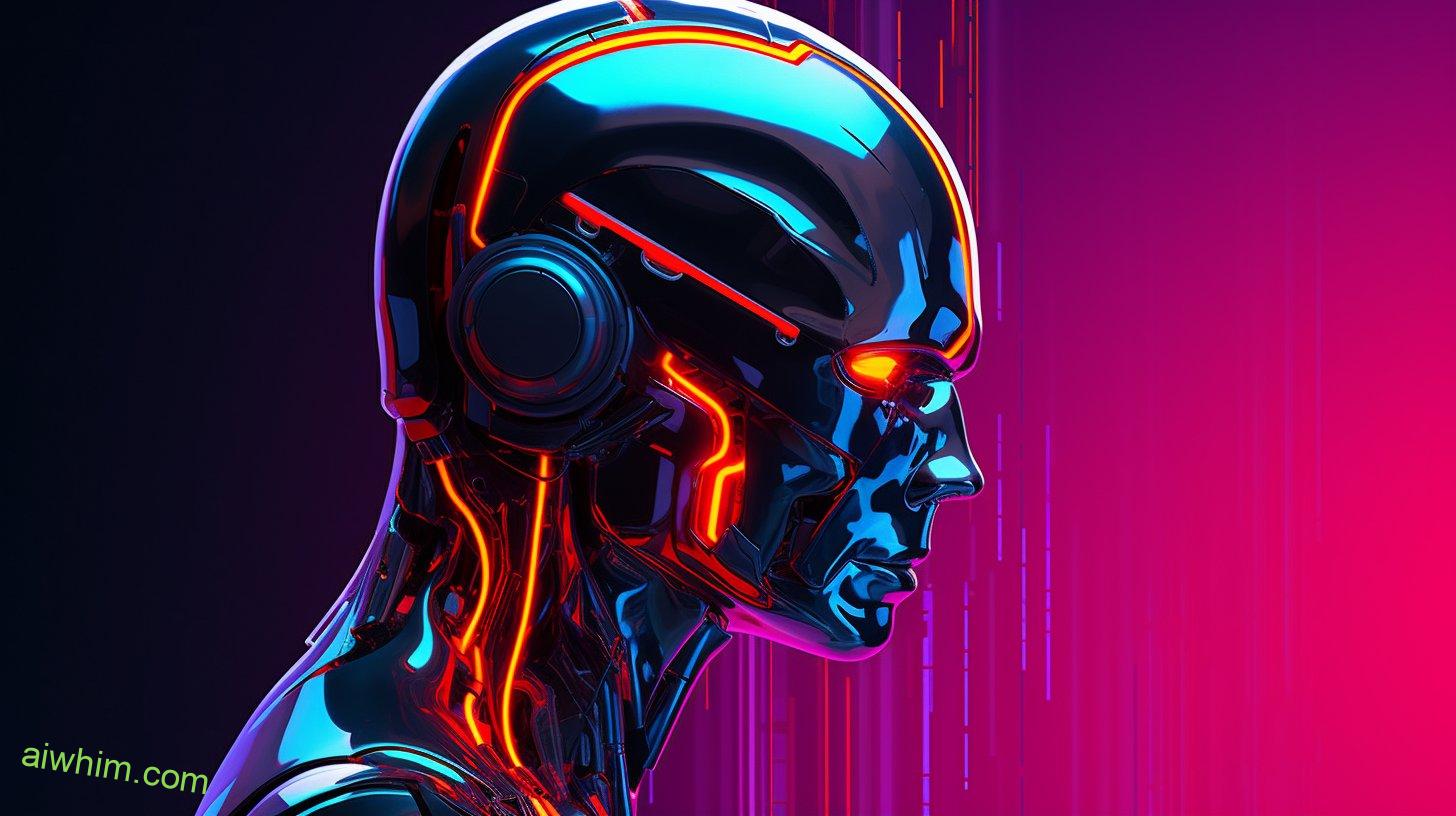
AI’s Ability to Analyze Vast Amounts of Data
Imagine being able to analyze massive amounts of data in just a fraction of the time it would normally take. This is the power that AI brings to the table, with machine learning techniques and natural language processing allowing for quick and efficient analysis of big data analytics.
Neural networks are used to identify patterns within data sets, which can then be visualized through effective data visualization tools. The ability of AI to process vast amounts of information means that it can quickly provide insights that would have previously taken days or even weeks for a human analyst to uncover.
With this kind of speed and accuracy, businesses are already turning to AI-powered solutions for their data analysis needs. However, as powerful as these tools are, they still require human input in terms of setting objectives and interpreting results.
In the next section, we will explore how AI is improving its ability to identify patterns and make predictions without human intervention.

Identifying Patterns and Making Predictions with AI
AI’s ability to identify patterns and make predictions is improving at a rapid pace, with deep learning applications and pattern recognition algorithms becoming more advanced every day. Recent studies have shown that AI-powered decision making can predict human behavior with up to 90% accuracy.
Here are three ways in which AI is advancing in its ability to identify patterns and make predictions:
- Predictive analytics models are becoming more sophisticated, allowing for better forecasting of future trends.
- Natural language processing advancements are enabling AI systems to understand human language nuances, leading to more accurate predictions.
- Pattern recognition algorithms are now able to detect subtle relationships between data points, further improving the accuracy of predictive models.
As an audience that values freedom, it’s important to consider how these advancements may impact your job as a data scientist. While AI can certainly assist in data analysis tasks, it’s unlikely that it will completely replace the need for human insight and interpretation. Instead, it’s likely that AI will become a valuable tool for helping companies make better decisions based on the insights gleaned from vast amounts of data.

AI’s Role in Helping Companies Make Better Decisions
You can expect that AI will become an essential tool for companies to make better decisions by analyzing vast amounts of data and providing valuable insights. With AI’s impact on decision-making processes, businesses can enhance their data analysis capabilities, leading to more accurate predictions and informed decision-making.
By leveraging AI-driven insights for business optimization, companies can improve their performance and stay ahead of the competition. In addition to improving decision-making processes, AI also plays a significant role in improving data quality and reliability.
With the ability to identify patterns and anomalies within datasets, AI helps eliminate human error or bias while increasing efficiency in data management. As a result, businesses can use this technology to drive innovation through data-driven approaches, ultimately leading to higher profitability and growth.
In the next section, we will explore how the competitive edge offered by AI is changing industries worldwide.
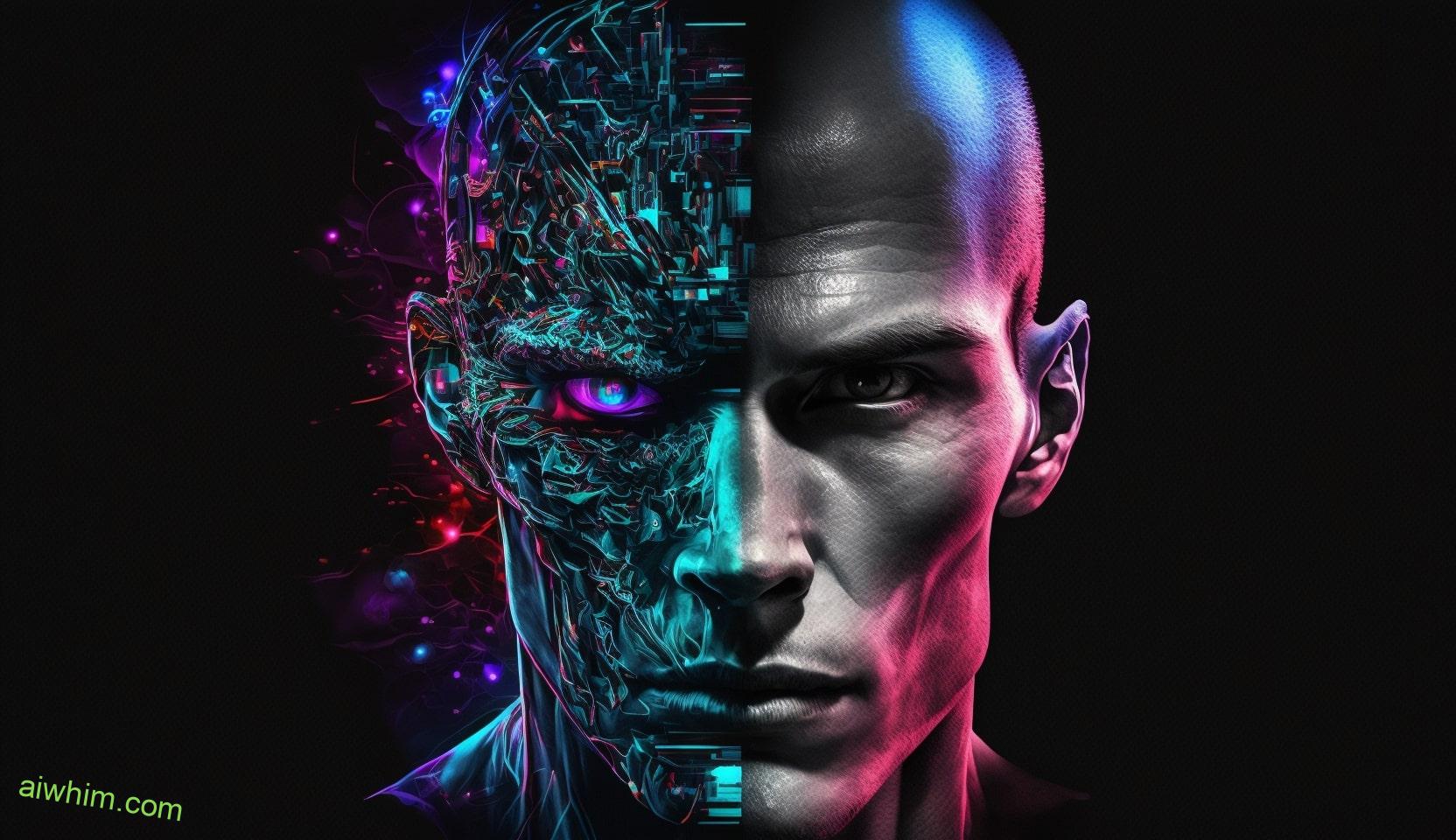
The Competitive Edge AI Can Provide
If you want to stay ahead of the competition, leveraging AI can give your business a significant competitive edge. AI’s impact on the job market has been a topic of concern for many industries, but it can’t be denied that businesses adopting AI technology are seeing increased efficiency and productivity.
From automating repetitive tasks to providing data-driven insights, AI can help businesses make better decisions faster. However, ethical considerations must also be taken into account when implementing AI in business operations. Industry adoption may vary depending on the specific industry and its regulations regarding data privacy and security.
As such, skillset requirements for individuals working with AI will likely evolve over time as technology advances. Training and education in this field will become increasingly important to ensure businesses have the necessary expertise to implement and manage these technologies successfully.
Ultimately, while incorporating AI into business operations can provide a competitive edge, it’s essential not to overlook the importance of human judgment and expertise. While machines can perform certain tasks more efficiently than humans, they lack the ability to understand context or apply ethical reasoning in decision-making processes.
Therefore, successful implementation requires striking a balance between leveraging new technologies and relying on human experience and judgment for optimal outcomes.
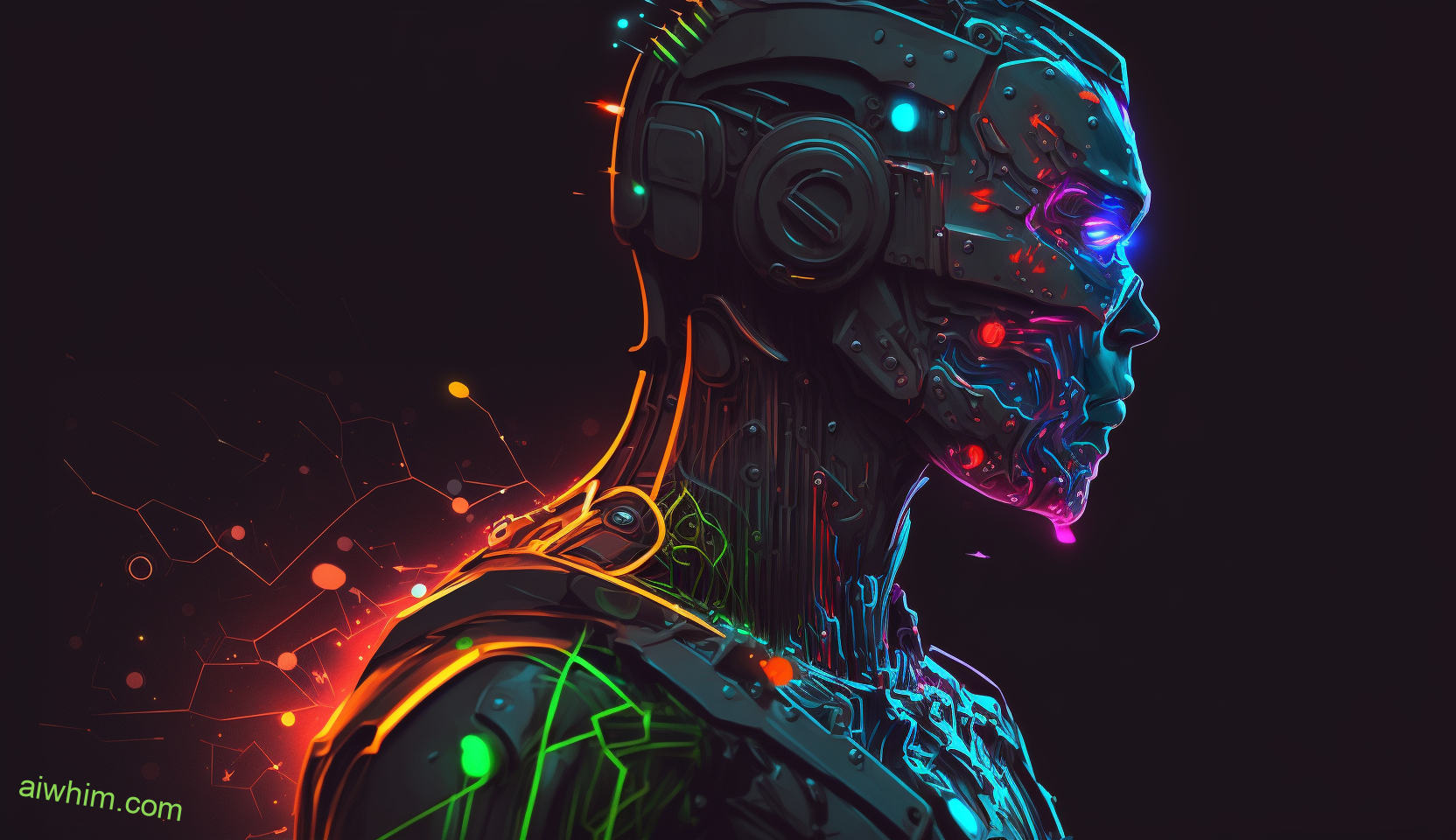
The Importance of Human Judgment and Expertise
Balancing technology with human expertise is crucial for optimal outcomes, as machines lack the ability to understand context and apply ethical reasoning in decision-making. While AI can provide valuable insights, it still requires a human touch to interpret data correctly. The value of expertise lies in providing critical thinking and professional judgment that machines simply can’t replicate.
Human interpretation is vital for making sense of complex datasets. Machines may be able to identify patterns and correlations, but they can’t interpret them without context from humans who understand the nuances of the problem at hand. Additionally, human judgment plays an essential role in decision-making processes that require ethical considerations or a broader understanding of the impact on society.
As a data scientist, your expertise adds value by providing important insights that go beyond what AI can offer alone.
Now, let’s move on to discussing the limitations of AI in data science. While machines are undoubtedly useful tools for processing large amounts of data quickly, there are still areas where they fall short.

The Limitations of AI in Data Science
Although AI can process vast amounts of data quickly, there are still significant limitations to its abilities in data science. One major limitation is ethical considerations. AI algorithms are only as unbiased as the data they’re trained on, and if that data contains biases or discriminatory patterns, then the algorithm will replicate those biases in its decision-making.
Additionally, there are concerns about data privacy when using AI for analysis since these algorithms need access to large amounts of personal information to work effectively. Another limitation is interpretability challenges. While machine learning models can produce highly accurate predictions, it’s often difficult for humans to understand how these predictions were made.
This lack of transparency can lead to mistrust and skepticism from stakeholders who may not fully understand how the model works. Finally, human error is still a factor in data science since humans are responsible for designing and implementing AI systems, which can also be prone to mistakes or oversights.
As you consider these limitations of AI in data science, it becomes clear that relying solely on machines for analysis is not enough. The next section will explore the need for human input and interpretation in this field.
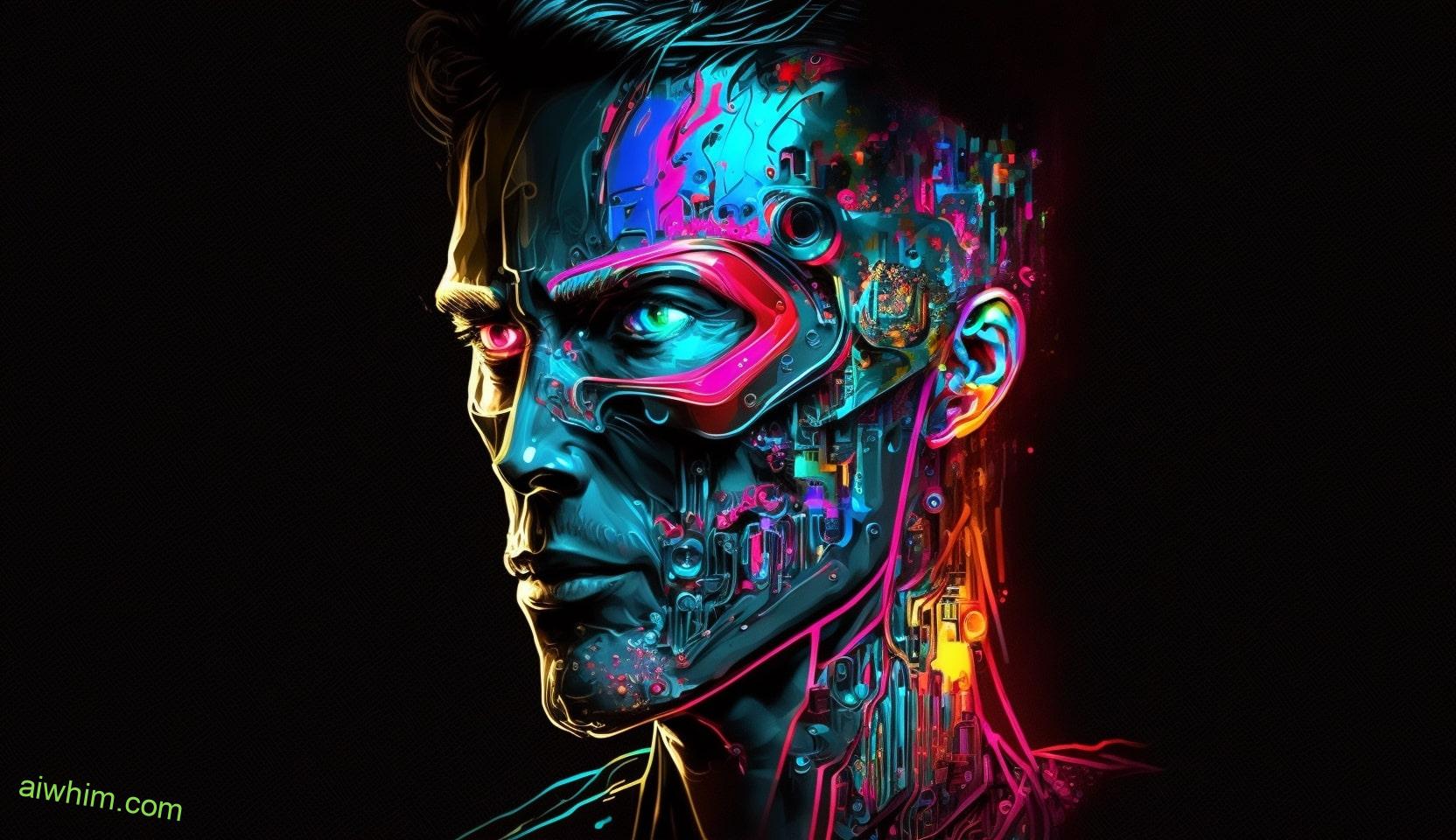
The Need for Human Input and Interpretation
Just like a chef needs to taste and adjust their recipe, data analysts must use their human expertise to interpret and fine-tune AI-generated insights for maximum accuracy and relevance. Human input is crucial in ensuring that the decisions made based on the AI-generated insights are well-informed.
Here are ways in which human interpretation complements the limitations of AI in data science:
- Expertise utilization: Data scientists have years of experience working with data and can leverage this knowledge to add context to the findings generated by AI.
- Decision making: While AI is great at generating suggestions, it’s up to humans to make the final decision on how to act upon them.
- Limitations of AI: As much as we want AI to be perfect, it’s still prone to errors due to biases or incomplete data sets. This is where human intervention comes in handy.
- Interpretation: Machines lack emotional intelligence, which makes interpreting certain types of information challenging for them. Humans bring a unique perspective that machines cannot replicate.
Incorporating human input into data analysis ensures that businesses continue making informed decisions while avoiding costly mistakes caused by overreliance on technology alone. Speaking of reliance on technology, let’s shift our focus now towards exploring how data scientists can leverage AI tools effectively.
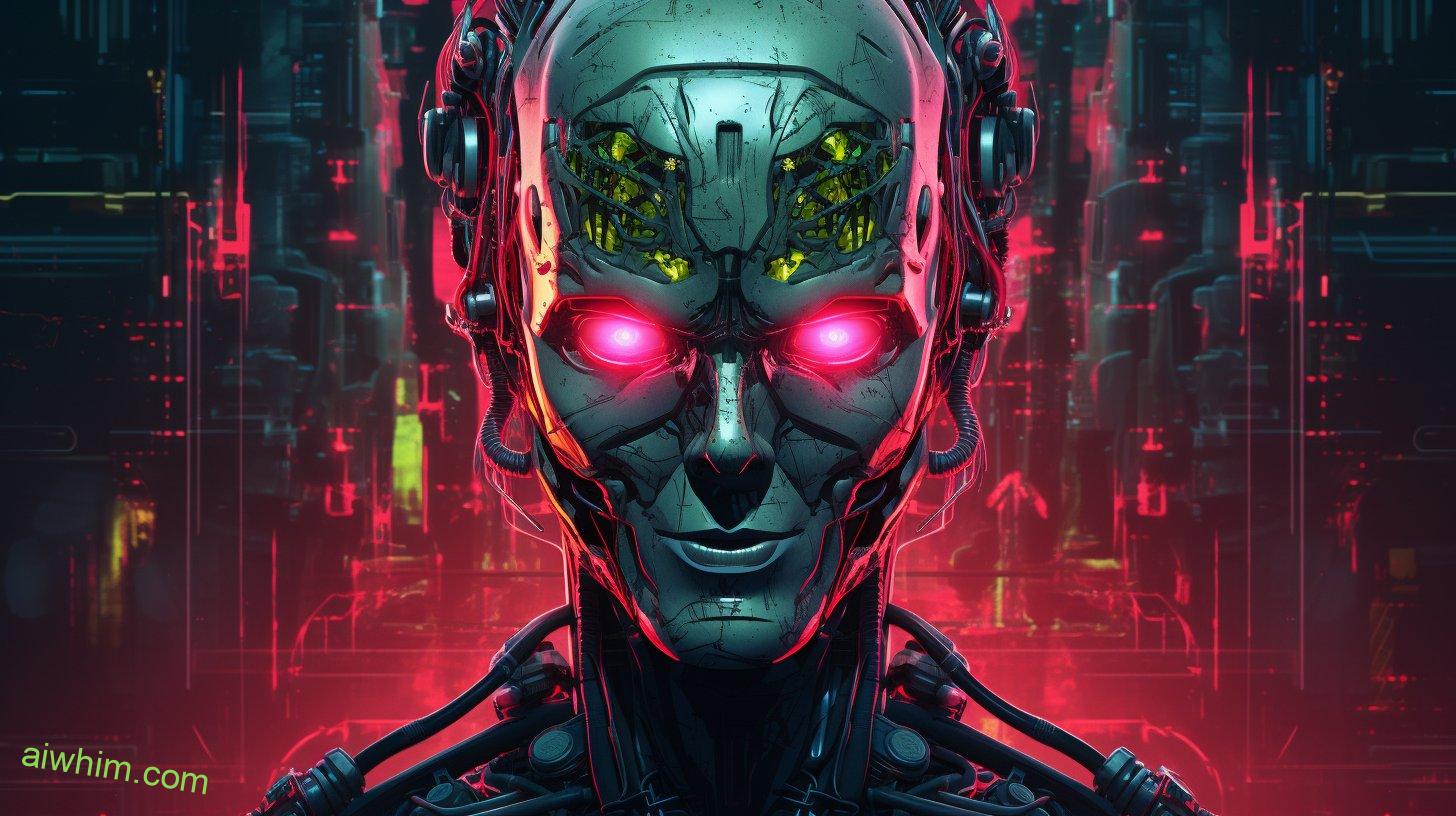
The Role of Data Scientists in Utilizing AI
As a data analyst, you have the opportunity to enhance your skillset and become more efficient by incorporating AI tools into your workflow. However, it’s important to keep in mind that AI can’t replace human intelligence and creativity.
The role of data scientists in utilizing AI involves collaborating with the technology to overcome integration challenges and ethical considerations. One challenge of integrating AI is ensuring that the tools used are transparent and unbiased. Data scientists must work alongside AI to develop algorithms that are fair and avoid perpetuating existing societal biases.
Another aspect of utilizing AI involves training and development. It’s essential for data scientists to stay up-to-date with advancements in the field so they can effectively integrate new technologies into their workflows. As businesses undergo digital transformation, data scientists play a crucial role in helping organizations adapt to these changes through strategic planning and effective communication.
Combining AI and human expertise for optimal results requires an understanding of how each component can complement one another. In the next section, we’ll explore how collaboration between humans and machines can lead to better decision-making processes while also addressing concerns about privacy and bias.
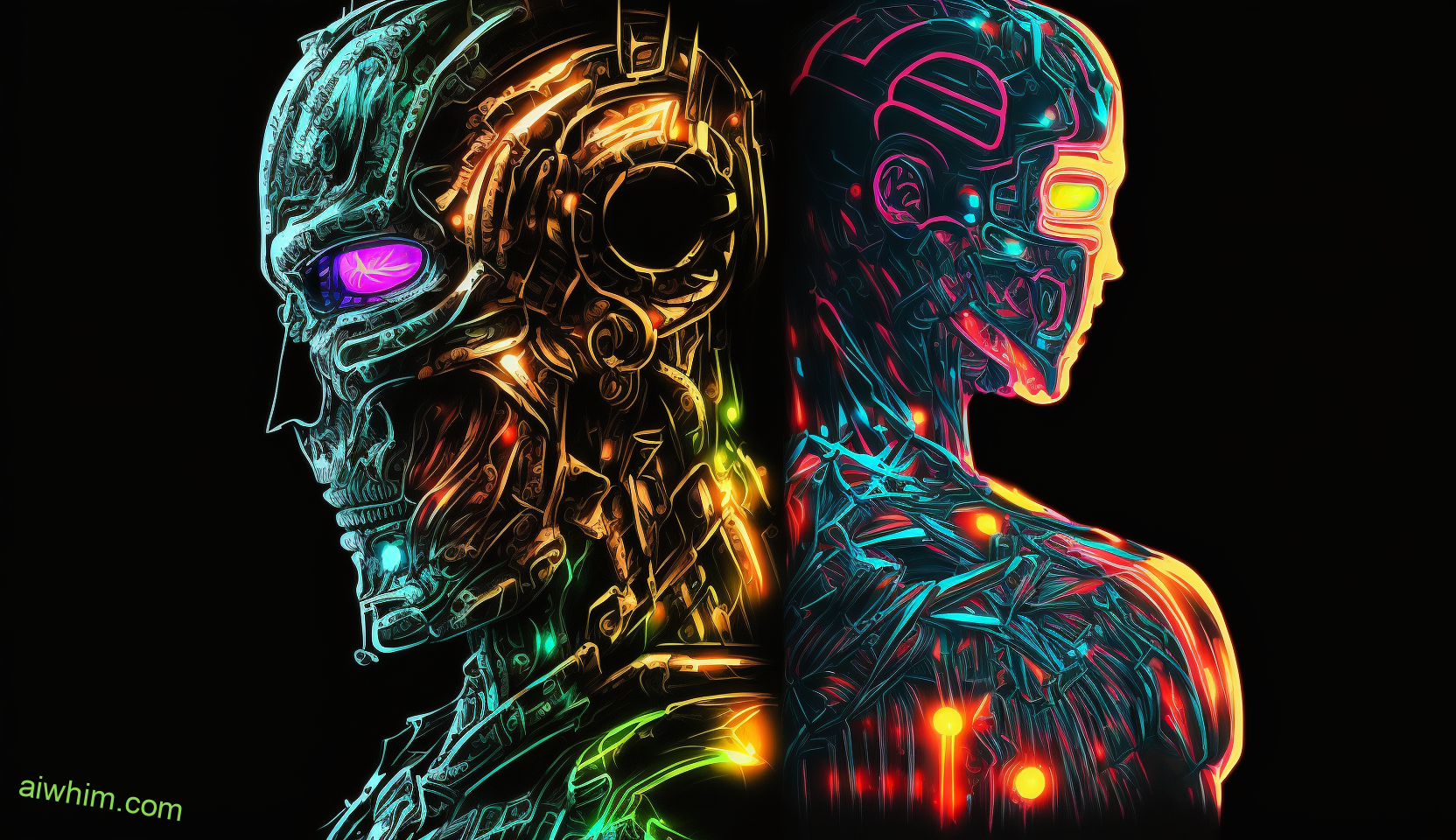
Combining AI and Human Expertise for Optimal Results
By collaborating with AI tools, you can optimize your results and achieve better outcomes. Human AI collaboration entails leveraging the complementary expertise of both humans and machines to arrive at more informed decisions.
By doing so, you can enhance your skillset and gain a competitive edge in the job market. A hybrid approach that combines human expertise with artificial intelligence can lead to better problem-solving capabilities.
Humans bring creativity, intuition, and critical thinking skills that are necessary for decision making. On the other hand, AI offers speed, accuracy, and scalability in processing large amounts of data. By working together with AI systems, you can leverage each other’s strengths to make well-informed decisions that drive business growth.
As we explore the benefits of human-AI collaboration in optimizing results, it’s important to consider what the future holds for data science professionals in an AI-driven world.
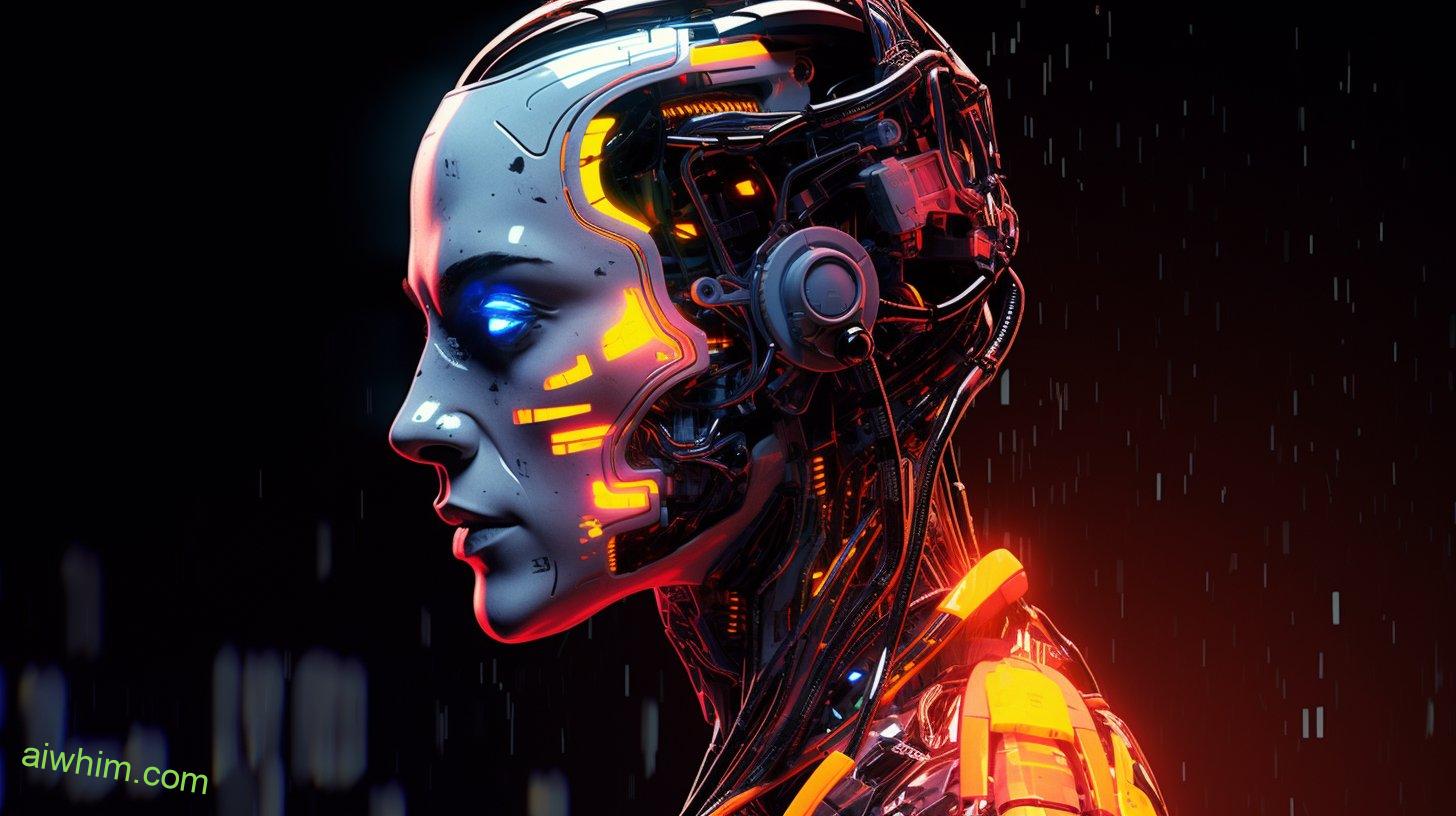
The Future of Data Science in an AI-Driven World
Collaborating with artificial intelligence can open up new opportunities for data science professionals to enhance their skills and remain competitive in a rapidly evolving job market. While AI has the potential to automate certain tasks, it can’t replace the human judgement and creativity that are essential to effective data analysis.
As such, data scientists will need to work alongside AI systems to unlock new insights and develop innovative solutions. To better understand how AI can augment human expertise, consider these future prospects:
- AI can help identify patterns in complex datasets that may be difficult for humans to detect.
- Combining predictive models with human insight can lead to more accurate predictions and meaningful recommendations.
- Ethical considerations must be taken into account when working with sensitive or personal information.
- Data scientists who embrace collaboration with AI will be better positioned for long-term success in their careers.
As we look at the evolution of data science careers, it’s clear that those who’re adaptable and willing to embrace emerging technologies will have an advantage in a constantly changing landscape.
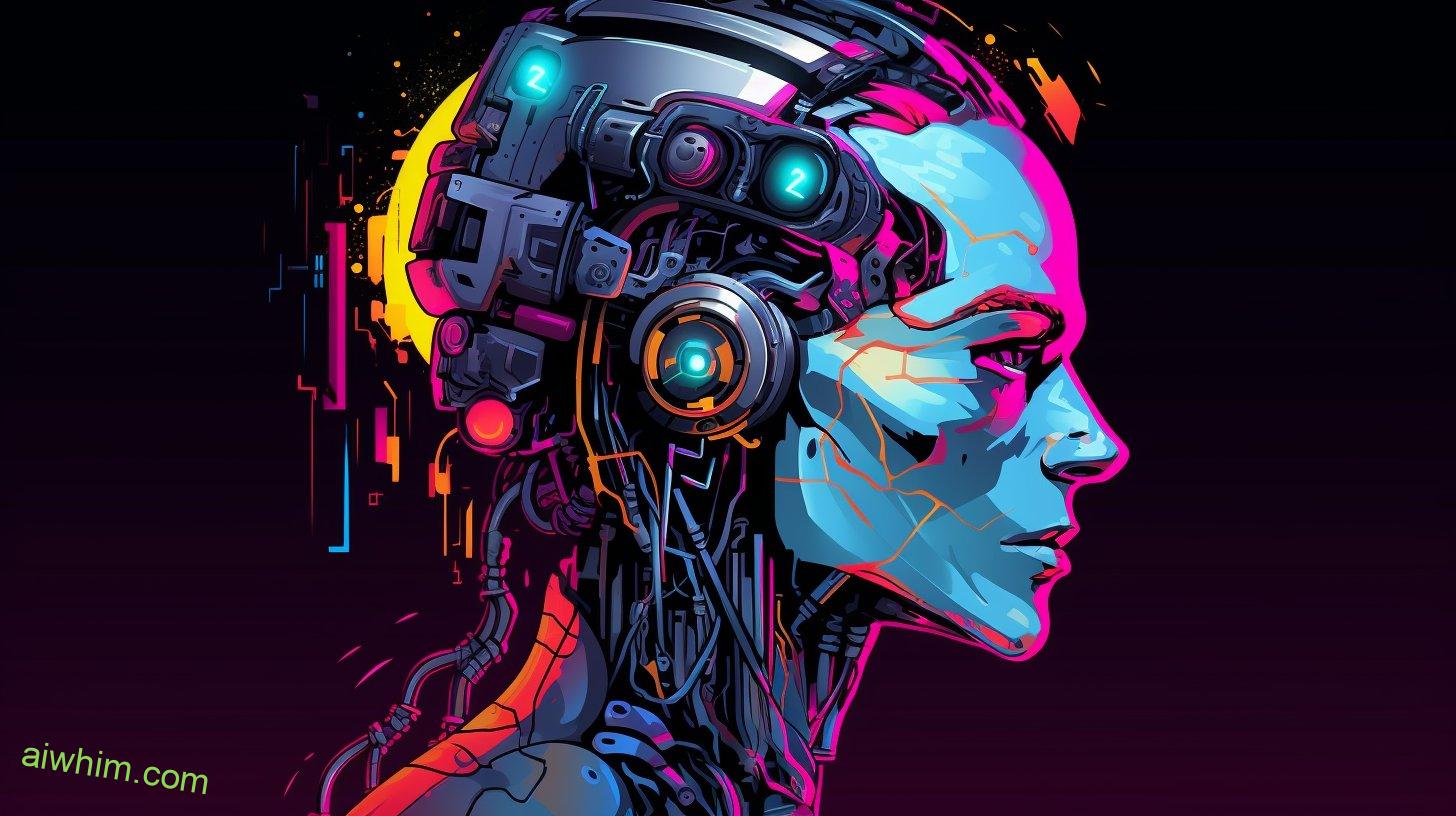
The Evolution of Data Science Careers
So you’re probably wondering about the future of your career as a data scientist in an AI-driven world. Well, let me tell you that the field of data science is constantly evolving and expanding, so your job is definitely not going anywhere anytime soon.
In fact, there are plenty of opportunities for skilled data scientists like yourself, with the increasing demand for data-driven decision making in industries ranging from finance to healthcare to retail. It’s important to stay on top of industry trends and continuously develop new skills through education and training programs.
Not only will this help you stay competitive in terms of salary expectations, but it can also lead to exciting career growth opportunities within your organization or beyond. The key is to always be learning and adapting to changing technologies and business needs.
And speaking of continuous learning and adaptation…

The Importance of Continuous Learning and Adaptation
Learning is the fuel that propels a data professional’s growth, enabling them to stay ahead of the curve in an ever-changing landscape. Continuous learning and adaptation strategies are essential for staying relevant in the industry and advancing in your career. As AI continues to develop and automate certain tasks, it’s crucial to focus on developing skills that can’t be easily replaced by machines.
Here are 5 tips for staying ahead of the game:
- Embrace new technologies and learn how they can be applied in your work.
- Network with other professionals to share knowledge and gain new perspectives.
- Participate in online courses or attend workshops to deepen your understanding of specific topics.
- Stay up-to-date on industry trends by reading blogs, attending conferences, and following thought leaders on social media.
- Seek out opportunities for mentorship or coaching from experienced professionals.
It’s important not only to keep pace with advancements, but also strive towards becoming a leader in the field. By continuously improving yourself through skill development, you’ll find more opportunities for career advancement. With these strategies, you can embrace the potential of AI while maintaining human value and remain an indispensable asset within your organization.

Embracing the Potential of AI while Maintaining Human Value
To fully embrace the potential of AI and maintain your human value in the industry, it’s important to focus on developing skills that are uniquely human and cannot be easily replicated by machines.
As data scientists, you can collaborate with AI to enhance your work and improve outcomes. This allows you to utilize the technology as a tool rather than viewing it as a threat.
However, ethical considerations should always guide this collaboration. You must be mindful of the societal impact of your work and ensure that any decisions made alongside AI align with values such as transparency, fairness, and accountability.
Additionally, continuous skill development is crucial for remaining relevant in an ever-changing job market. Investing in areas such as critical thinking, creativity, emotional intelligence, and communication will help you stand out from automated processes while simultaneously enhancing the quality of your work.

Frequently Asked Questions
How can data scientists adapt to the rise of AI and machine learning algorithms in their field?
As AI and machine learning become more integrated in the field, data scientists can adapt by exploring AI adaptation strategies and upskilling opportunities. Ethical implications must be considered for effective human-AI collaboration. Embrace change for freedom.
What are some limitations of AI in data science and how can human input address them?
To ensure data quality and mitigate biases, human input is essential in addressing AI limitations. Ethical considerations also require human oversight to prevent unintended consequences and ensure accountability. Embrace your role as a critical thinker and champion for responsible data science.
How can companies balance the use of AI with the importance of human judgment and expertise in decision-making?
You may fear AI will replace you, but don’t worry. Balancing AI and human judgment is key for success. Expertise integration, technology and human collaboration allow for a human-AI partnership with synergy. Embrace it!
What skills and knowledge will be necessary for data scientists to stay relevant in an AI-driven world?
To stay relevant in an AI-driven world, you’ll need to continuously learn advanced analytics and collaborate with other fields. Ethical considerations are crucial when creating personalized solutions that preserve freedom.
How can data scientists effectively combine AI and human expertise to achieve the best results?
Did you know that cognitive diversity in teams leads to higher performance? Collaborative approaches and hybrid models can combine human expertise with AI for decision fusion. Embrace human-machine collaboration for optimal results and freedom.

Conclusion
So, will your job as a data scientist be replaced by AI? The short answer is no.
While AI has revolutionized the field of data science, it cannot replace the human element. As a data scientist, you have the unique ability to understand the context and nuances of the data you are analyzing. You can use your creativity and critical thinking skills to ask questions that may not have been programmed into an algorithm.
However, this does not mean that you should ignore the potential of AI. Embrace its power while maintaining your own value as a human being in this ever-changing technological landscape. As long as you continue to learn and adapt alongside AI, your career in data science will remain both valuable and fulfilling.
Remember: with AI by your side, there’s nothing stopping you from reaching new heights in your profession as a data scientist.







